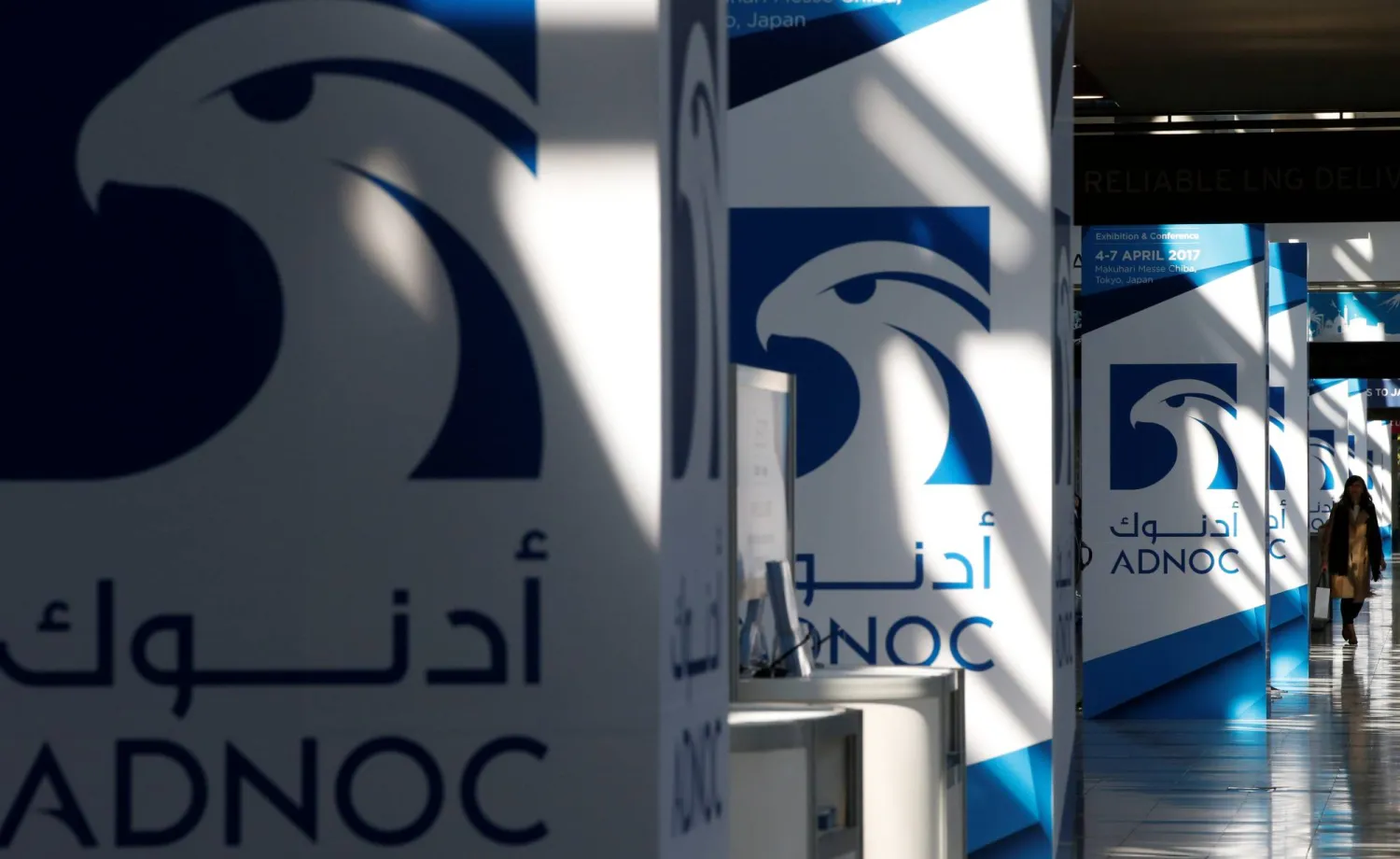ADNOC and Abu Dhabi National Energy Company (TAQA) announced on Wednesday the award of a strategic investment project estimated at up to $2.4 billion (AED8.8 billion) to provide sustainable water supply for ADNOC’s onshore operations, reinforcing ADNOC and TAQA’s position as responsible energy leaders and underscoring their efforts to drive sustainable initiatives that deliver long-term value.
The project will develop a centralized world-class seawater treatment facility and transportation network for operations at the Bab and Bu Hasa fields in Abu Dhabi. This project will replace the current high-salinity, deep aquifer water systems at the fields, thereby reducing water injection-related energy consumption by up to 30%. The project will be connected to the grid and will receive 100% of its power from clean energy sources.
ADNOC and TAQA will jointly hold a 51% majority stake (25.5% each) in the Project Company and the remaining 49% stake has been awarded to a consortium comprised of Orascom Construction and Metito (the Consortium).
The Consortium will arrange the project financing for the construction phase and develop the project under a build, own, operate and transfer (BOOT) model, with the full project being returned to ADNOC after 30 years of operation.
Abdulmunim Al Kindy, ADNOC Upstream Executive Director, said, “The project will enhance our onshore energy efficiency by replacing less-efficient, high-salinity, deep aquifer water systems with a centralized seawater treatment facility and transportation network. With a substantial portion of the project value flowing back into the UAE economy, this landmark initiative will further stimulate economic and industrial growth and create commercial opportunities for the private sector.”
“More than 60% of the project value during the development and operation phases will flow back into the UAE’s economy under ADNOC’s highly successful In-Country Value (ICV) program.”
TAQA’s Group CEO and Managing Director Jasim Husain Thabet said the announced project will advance the UAE’s sustainability goals.
“TAQA is especially committed to partnerships like this that use our expertise to help drive environmental stewardship while maintaining water security and supporting economic growth.”
The project will deliver more than 110 million imperial gallons per day (MIGD) of nano-filtered seawater through 75 kilometers of transportation and over 230 kilometers of distribution pipelines and two pumping stations, supplying sustainable water for ADNOC’s onshore operations.









